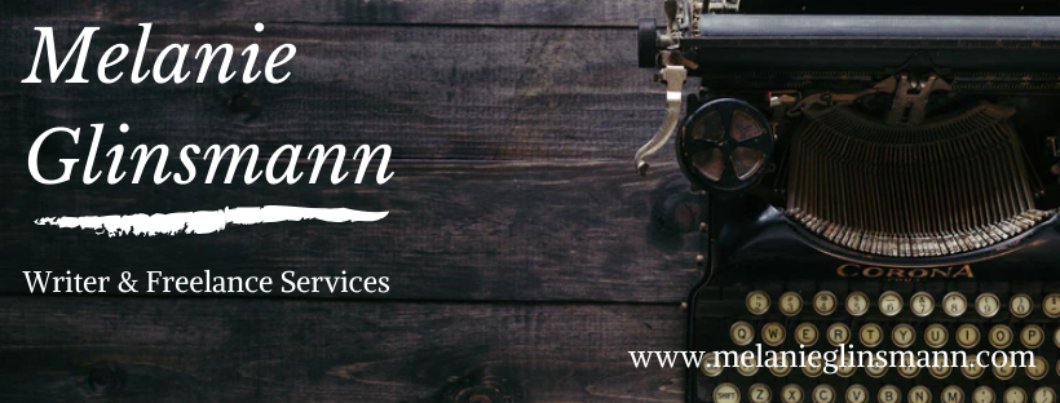
Like most writers, I also love reading. And like most readers, I have a never ending list of books I want to read and/or already own. As part of my goals for the second half of this year, I plan to spend more time reading my way through that gigantic book list.
I started keeping a reading journal some time ago. As I read, particularly non-fiction, I write down quotes and ideas I find helpful or insightful. But only collecting quotes doesn’t fully capture the scope of the book. I wanted a way to better incorporate both fiction and non-fiction and have a way to capture both the general ideas presented in a book and my personal reflections.
Along with the quote journal, I plan to add two more elements to my reading log. Yes, having a reading system is nerdy, and I’m okay with that. But because of my academic background, I learned to study literature, not just read it. Although I enjoy reading for fun, taking time to reflect on the deeper stories and ideas make reading more fun for me.
Creating My Reading Log System
First, I am in the process of creating a book inventory. Since I read and listen to books across multiple platforms, it’s easy to forget what books I already have. The master spreadsheet will include not only the book titles and authors, but also the genre and format (hardback, paperback, digital, audio). This will allow me to do a quick search to see if I have a book and/or find something to read in a particular genre.
And second, I set up new reading journals that go beyond only quotes and ideas. As I read a book, I will write a short summary and what I learned or liked/didn’t like about the book. (In the academic world, this type of review is known as an annotated bibliography.)
While this might seem like a lot, the time commitment is minimal for updating these logs. Other than the initial set up, and of course actually reading the books, I’ll only use these journals as I finish reading a book. They won’t be an everyday thing and will only require 5 – 10 minutes to update.
Benefits of Having a Reading Log System
There are several reasons why I want to devote more time not only to reading, but also to developing a review system.
- Maintaining a book inventory will help me know what I already have. Over the years, I have purchased multiple versions of some books because I forget I already have them. This is especially true when I have the physical copy but buy a digital or audio format. Knowing what I have will save me money on not buying extra copies.
- Having a book inventory will also help me be more decisive when choosing what to read next. Many times, when I finish reading a book, it’s hard to pick what’s next as I scan my shelves and files. By having a running list, I’ll be able to immediately see everything in one place. This way I’ll know which books have been on my To Be Read list the longest. I can also sort by genre if I’m in the mood for something in particular.
- Keeping a quotes and ideas journal serves as a quick reference for both personal and professional needs. Another habit I developed in then academic world was being able to locate valuable research materials to use in essays. Now, as a writer and blogger, easy access to quotes and possible topics gives me a vault of information to use in future posts or articles.
- Because people know I’m an avid reader, I am often asked for book recommendations. I have some favorites I can always suggest. But if they’re looking for a specific genre or type of book, it’s hard to recall from memory everything I’ve read that might fit their needs. A reading journal that includes summaries and my thoughts will make it easier to provide better recommendations.
- While I enjoy reading for entertainment, as a writer, reading fiction also provides a way to learn about the craft of writing. Keeping a record of how certain authors write and/or key elements in certain genres can help me better structure my own fiction work. I can develop my own style by learning what I like about the books I read.
- I take pride in being a lifelong learner. I love being curious about new ideas and developing new skills. Reading non-fiction books can feel like a masterclass sometimes. As I come across new ideas or insights, I want to be able to capture those in one place rather than having to go back through the book to look for things I highlighted. Keeping both the quote journal and the summary pages will allow me to quickly reference specific books.
Creating your own book log and summary journals isn’t for everyone. But for me, I believe there will be both personal and professional benefits. By having all my books listed in one place and keeping a record of what I learn from each book, will help me finally start tackling my never-ending To Be Read list.
Do you have a way to keep track of what you read? Anyone else keep a quote or idea journal related to your reading choices?
Reignite your creativity!

Subscribe to get new content, monthly newsletter, and important updates. You'll also receive a free download - "30 Days of Creative Inspiration."

